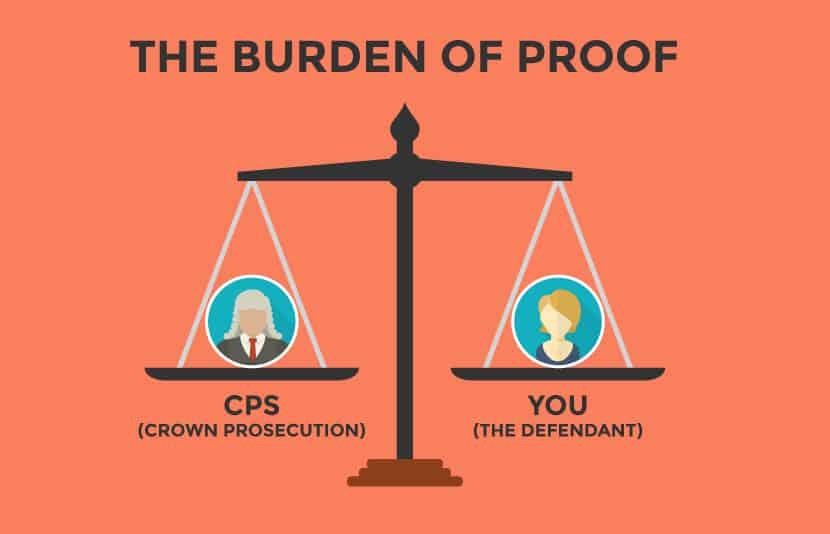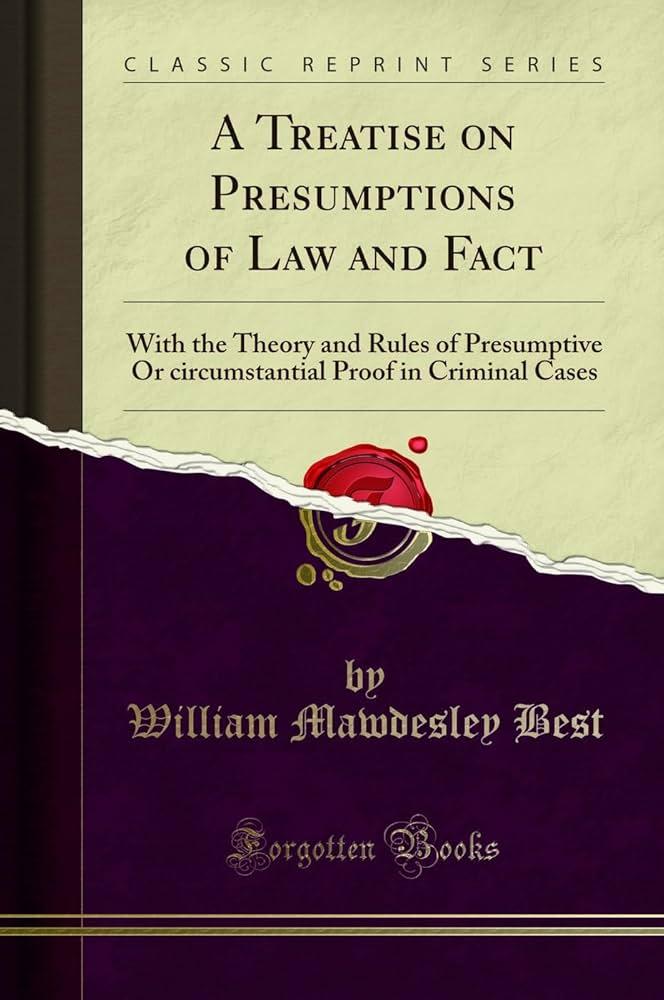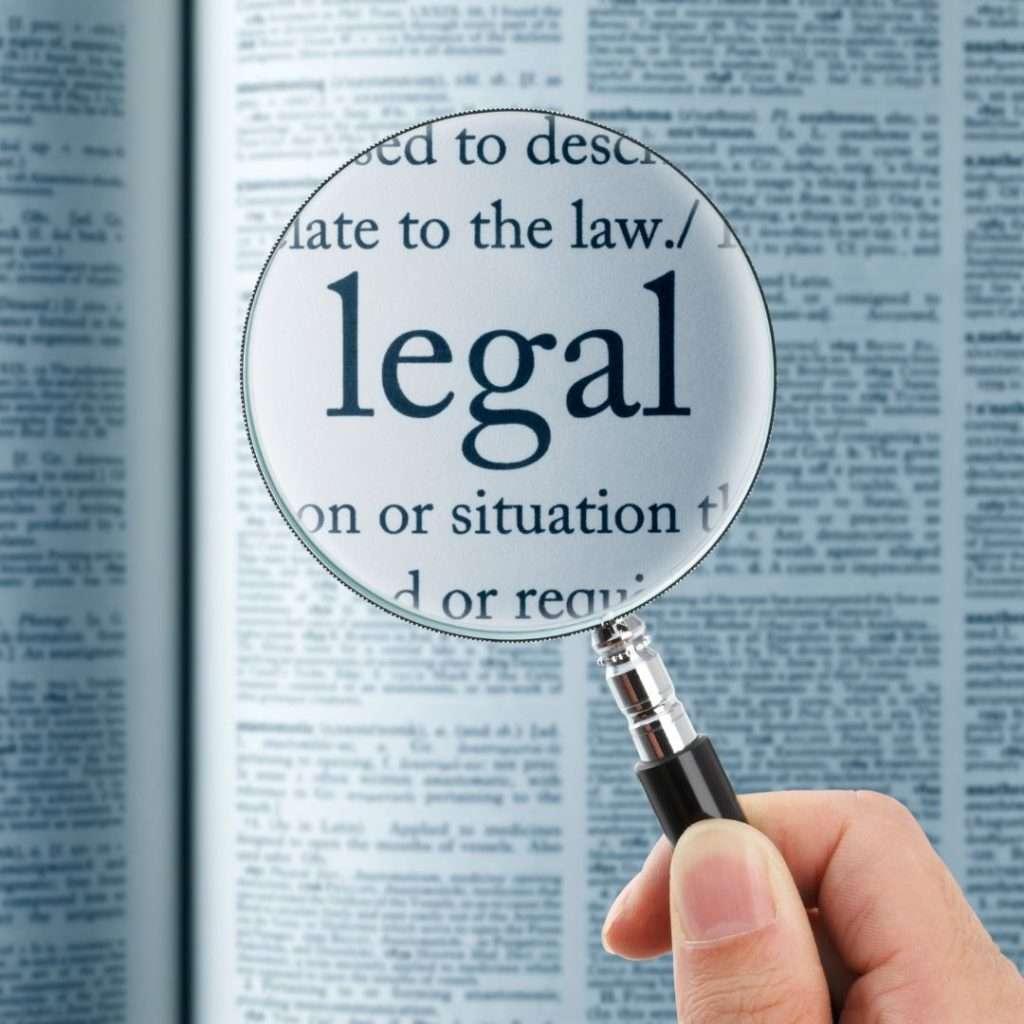The Burden of Proof Lies on Them, Not You!

The Burden of Proof Lies on Them, Not You!
In discussions about accusations, whether they occur in legal settings, workplaces, or personal relationships, one fundamental principle remains the same: the burden of proof lies on the accuser. Understanding this concept is crucial for defending your position and navigating complex situations. In this article, we will explore what it means, its implications, practical tips, and real-world case studies that illustrate this critical principle.
Understanding the Burden of Proof
The burden of proof refers to the obligation to prove one's assertion. In a criminal trial, the prosecution holds this burden, meaning they must provide sufficient evidence to prove the defendant's guilt beyond a reasonable doubt. Conversely, the defendant is not required to prove their innocence.
Why Does the Burden of Proof Matter?
- Legal Protections: Protects individuals from wrongful conviction and ensures fairness in the justice system.
- Personal Empowerment: Helps individuals realize their rights in everyday disputes and accusations.
- Professional Integrity: Fosters a culture of accountability and clarity in workplaces, safeguarding against false accusations.
Key Points to Remember
| Key Concept | Explanation |
|---|---|
| Burden of Proof | The obligation to prove allegations rests with the person making them. |
| Presumption of Innocence | Innocent until proven guilty, applicable in legal and personal contexts. |
| Evidence Requirement | Claims require credible and compelling evidence to be accepted. |
Proxy Concepts in Various Contexts
1.Legal context
In courts, the burden of proof is a strict requirement. The accused (defendant) does not need to present evidence to refute the charges. For instance, in a case of theft, it is the responsibility of the prosecution to provide evidence showing the defendant was at the scene of the crime. If they fail to do so, the defendant is entitled to be acquitted.
2. Workplace Context
In employment disputes, managers and HR must substantiate claims regarding employee misconduct. For example, if an employee is accused of harassment, the employer must investigate and gather concrete evidence before taking any action.
3. Personal Context
In personal relationships, being accused of wrongdoing can be distressing. Remember that friends or family asserting claims against you must provide proof supporting their beliefs or accusations. Keep calm and ask them to clarify the basis of their claims.
Benefits of Understanding the Burden of Proof
- Confidence in Interaction: Knowing that others must substantiate their claims can enhance confidence in discussions and disagreements.
- Protection Against False Accusations: Equipped with this understanding, you can better defend yourself against unfounded allegations.
- Improved Decision-Making: Clear differentiation between accusation and proof can lead to more rational actions and reactions.
Practical Tips for Handling Accusations
- Stay Calm: Emotional responses can cloud judgment; maintain composure when addressing accusations.
- Request Evidence: politely ask the accuser to provide proof for their assertions.
- Document Everything: keep a record of accusations and any evidence presented; this can be crucial in defense.
- Seek Support: Consult legal or professional guidance when dealing with serious accusations.
Case Studies
Case Study 1: Misconduct Allegation in a Workplace
A manager accused an employee of misconduct based on hearsay. The employee requested proof and maintained composure while addressing the issue. The inquiry revealed that the claims were unfounded, leading to the manager's reprimand.This ensured that the employee's professional reputation remained intact.
Case Study 2: Legal Accusation of Fraud
A small business owner was accused of fraudulent activities by a competitor. The competitor claimed unfair pricing practices without evidence. The business owner, knowing the burden of proof lay with the accuser, sought legal advice and successfully dismissed the claims after the competitor failed to provide any evidence.
First-Hand Experience: Personal Reflection
In my experience, understanding that the burden of proof lies on the accuser empowered me during a misunderstanding with a friend. When they accused me of not being supportive, I calmly asked for specific examples. This led to a productive conversation about my intentions and ultimately strengthened our relationship,highlighting the importance of clear communication.
Conclusion
The principle that the burden of proof lies on them, not you is a powerful tool for navigating accusations in varied contexts. From legal troubles to personal disputes, bearing this knowledge can provide clarity, confidence, and, ultimately, protection against unfounded claims. remember to keep your head up and focus on the facts. The next time you face accusations, empower yourself and remind others that it is their responsibility to provide proof.





Responses